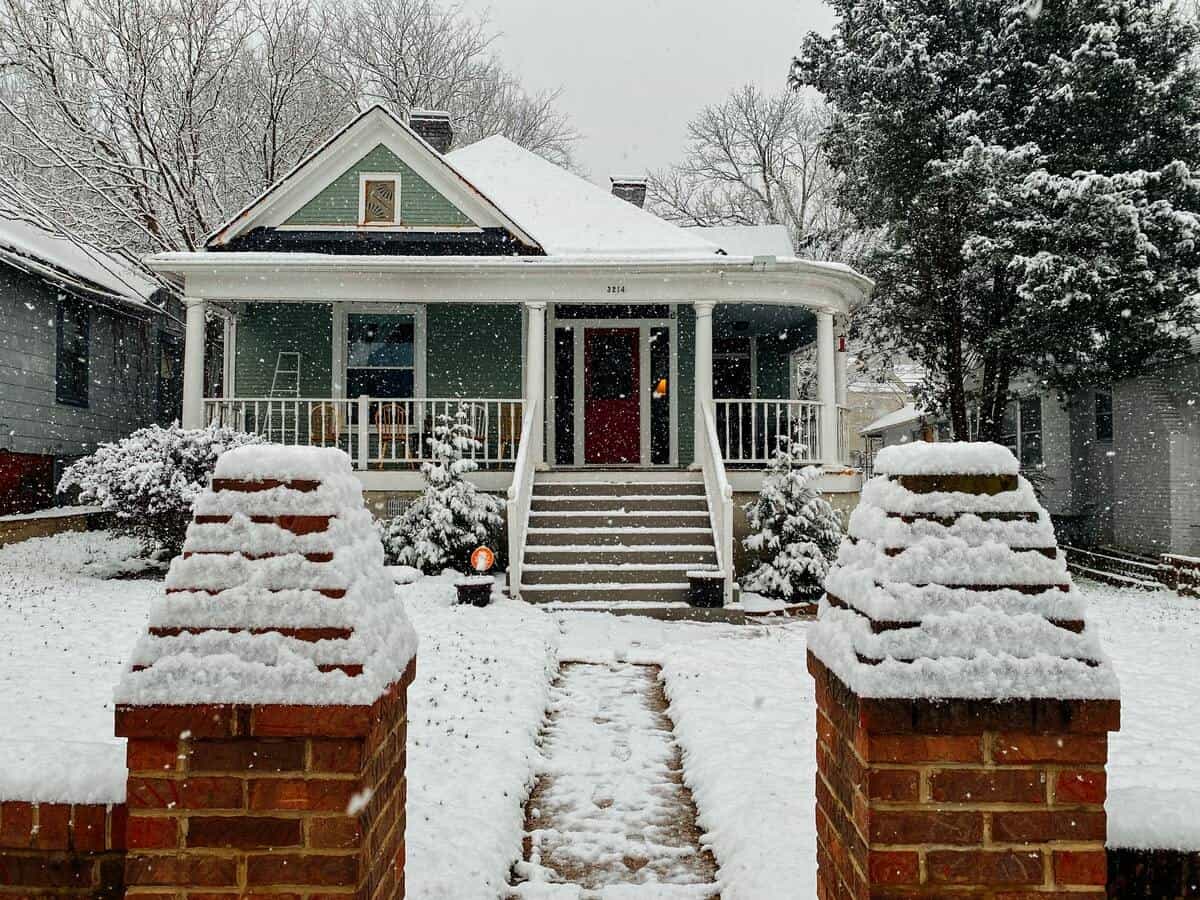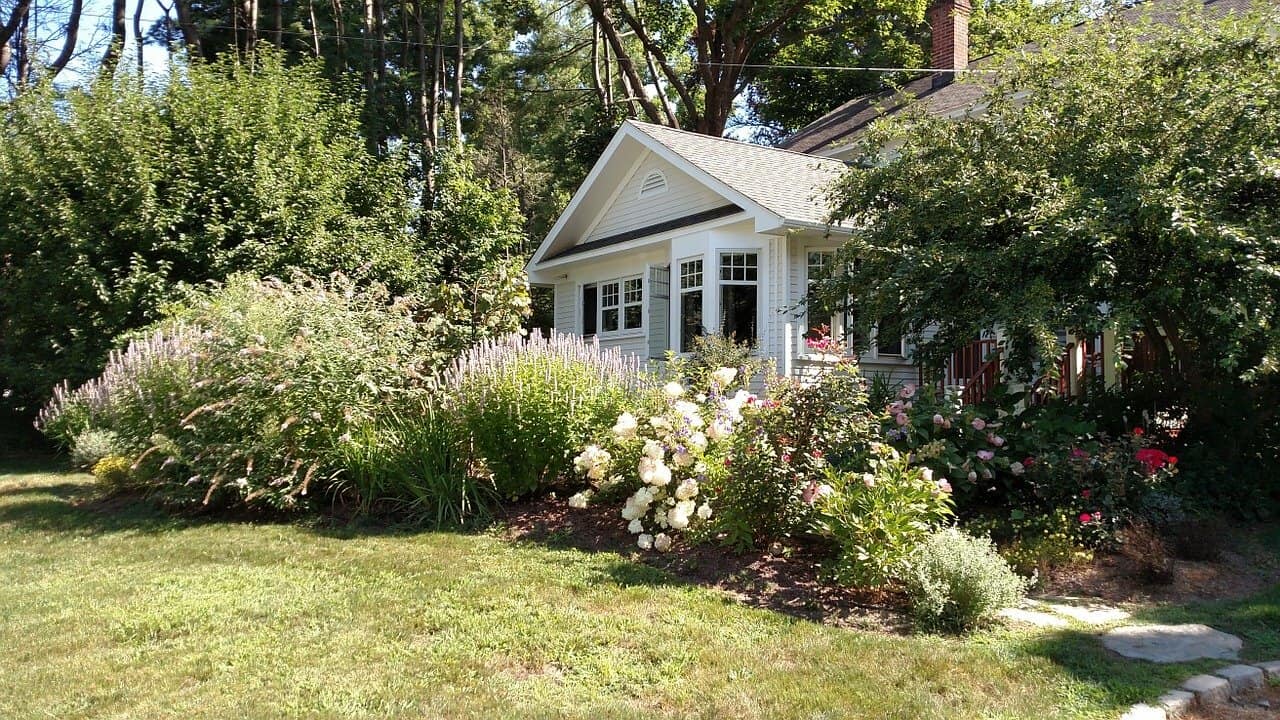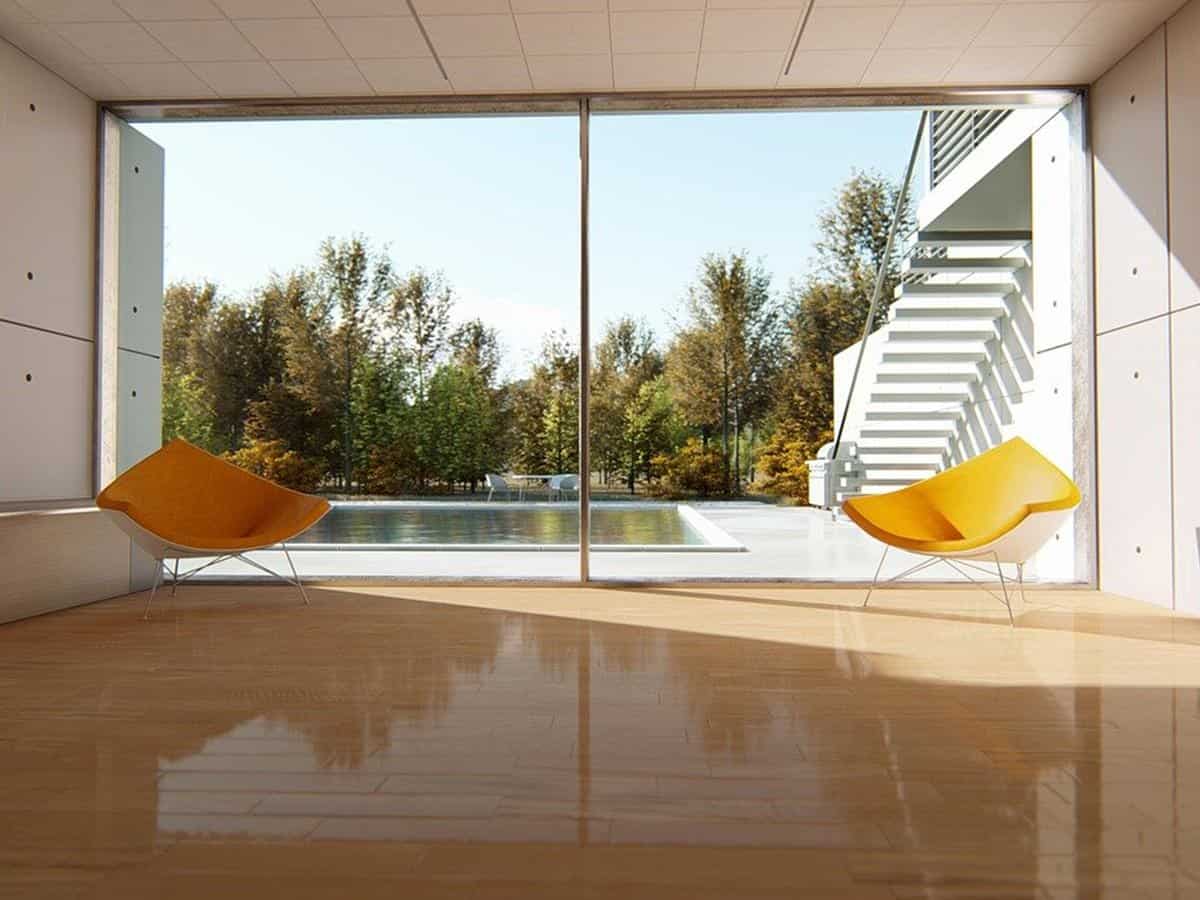Solar panels let you use the sun’s energy as a source of electricity for your home. These panels can also help you significantly lower your energy bills. However, one of the factors you should weigh before getting them is whether or not solar panels at your home will be able to produce enough energy on a regular basis. Does my house get enough sun for solar panels? If you’re not sure, keep the following in mind while deciding if you should get these panels.
Are you ready to go solar? Visit us online at ONIT Home to find out everything you should know about going solar!
Discover Energy Audits with Solar Energy and ONIT Home
Try our Free Energy Audit to make sure your home is performing at optimum energy efficiency. We’ll inspect every nook and cranny of your home to make sure it’s best serving your needs. We’ll also give you tips on lowering your energy bills, conserving energy, and creating a more efficient space. To learn more about how we can help you maintain a top performing home, visit ONIT Home online to get started!
Sun Hours
The number of daylight hours in your area doesn’t necessarily help you figure out if your house gets enough sunlight. Instead, you should focus on peak sun hours. This refers to the amount of sunlight that can be used to produce energy on a normal day. Peak sun hours typically occur when the sun is higher in the sky.
Sun hours in your area change depending on the following factors:
- Time of day: Peak sun hours typically occur in the middle of the day, such as at solar noon. This is when the sun is at its highest point in the sky. The sun reaches its peak, and therefore produces the most daylight, during the middle of the day. The angle of the sun is lower at sunrise and sunset, which results in a lower amount of energy at these times.
- Location: Your geographical location also affects peak sun hours. Locations that are closer to the equator get more sunlight that can be used for energy.
- Time of year: Summer has more sun hours compared to winter, since the sun is higher in the sky at this time.
How many sun hours your area gets can vary, but the average is around seven per day. You can use a solar radiation meter for a more accurate way to measure sun hours at your home.
Find out your solar incentives by state to see what benefits you can recieve!

Weather Conditions
Weather conditions can change often in certain areas, which affects how much energy solar panels are able to produce. If you live in an area that gets a lot of clear, sunny days, you can expect your solar panels to produce more energy. Keep in mind that solar panels are able to produce energy even when it’s cloudy out. However, they typically generate a lower amount of electricity or energy overall on cloudy days. Knowing roughly how many sunny days your area gets compared to cloudy or rainy days can help you determine if you’ll have enough sunlight for solar panels.
Roof Pitch and Direction
The pitch and direction of your roof are other factors to consider when you’re trying to figure out if your house gets enough sun for solar panels. Roof surfaces facing south get the most sunlight, while roof surfaces facing north get the least amount of sunlight. Roof surfaces facing west and east usually get enough sunlight for solar panels, although they get less sun compared to south-facing surfaces. Keep in mind that you can add more solar panels to these sides of your roof if needed.
The pitch or slope of your roof also affects how much sunlight it gets. A slope between 30 and 45 degrees is usually ideal. Slopes or pitches that are less than this might get less sun exposure. If you have a flat roof, you can use a ballast mount system and tilting solar panels to get enough sunlight.

Trees and Other Objects
Trees and other objects, such as other buildings, can have an impact on the amount of sunlight that reaches your solar panels. These taller objects might have a shading effect that limits sun exposure at your house.
Type of Solar Panels
The type of solar panels you get are another important factor to consider. Monocrystalline panels might not handle shady or cloudy conditions as well as other types, such as polycrystalline panels. If you have a lot of shading around or if your area gets a lot of cloudy days, choosing solar panels that work well in these conditions can make up for having less sunlight. Keep in mind that the size of your solar panels and how powerful they are can also affect how much energy they’re able to produce from the sun overall.

Amount of Electricity Needed
Whether or not your house gets enough sun for solar panels also depends on your household’s energy needs. If you have a large family or a need for higher amounts of electricity, for example, you’ll need to make sure you get enough sunlight to produce this energy. If your electricity needs are lower, you can get away with needing less sunlight overall in order to have enough energy for your home.
Are you ready to make the move and go solar? We’re here to tell you everything you should know. Visit ONIT Home online to see how you can get started and start saving big.
Solar Panel Cleaning and Maintenance
Cleaning and maintenance should also be taken into consideration when determining if your house gets enough sunlight. If you live in an area that gets snow, for example, making sure your solar panels are cleaned regularly helps ensure that they’re still able to get sunlight exposure for energy production. Routine maintenance is also important to making sure your solar panels can gather as much sunlight as possible in your area.
If you need help determining whether solar panels are right for your home, please contact one of the experts at ONIT Energy today. Our trained team of professionals has years of experience working with roofs of all styles and guiding families through their exciting journey with clean, sustainable energy. Count on us to analyze your home appropriately and determine the correct number of panels for your solar power system. We’re happy to walk you through the savings you’ll have on your electricity bill when you choose to have ONIT work with you each step of the way.



